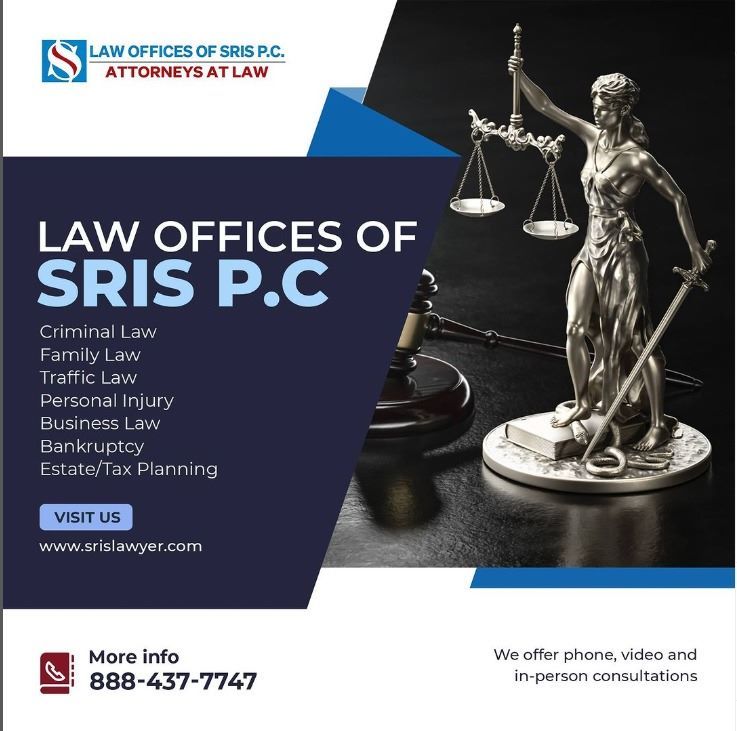contract dispute mediation are an inevitable aspect of the business world, arising from misunderstandings, misinterpretations, or unforeseen circumstances. When parties find themselves at an impasse, the need for an effective resolution becomes paramount. Mediation has emerged as a valuable tool in resolving contract disputes, offering a collaborative and flexible alternative to costly and time-consuming litigation.
Understanding Mediation:
Mediation is a voluntary process where a neutral third party, the mediator, facilitates communication between conflicting parties with the goal of reaching a mutually acceptable resolution. Unlike litigation, which often leads to a winner-takes-all scenario, mediation focuses on finding common ground and fostering cooperation.
The Mediation Process:
-
Initiation:
- The process begins when both parties agree to mediate the dispute. This mutual consent is crucial for the success of mediation.
-
Selection of a Mediator:
- Parties can either agree on a mediator or seek the services of a professional mediator with expertise in contract law and dispute resolution.
-
Initial Meeting:
- The mediator conducts an initial meeting to establish ground rules and set the tone for open communication. Each party has an opportunity to present their perspective without interruption.
-
Identification of Issues:
- The mediator helps identify the core issues causing the dispute, ensuring that both parties have a clear understanding of the underlying concerns.
-
Joint and Private Sessions:
- Mediation involves joint sessions where both parties come together to discuss the issues and private sessions where each party can communicate confidentially with the mediator.
-
Generating Options:
- The mediator encourages the parties to brainstorm and explore various options for resolution. This fosters a collaborative environment where creative solutions can emerge.
-
Negotiation and Agreement:
- Through guided negotiation, the parties work towards a mutually acceptable agreement. The mediator helps bridge gaps, clarify misunderstandings, and ensure that the final resolution is fair and comprehensive.
Benefits of Mediation in Contract Disputes:
-
Cost-Effectiveness:
- Mediation is generally more cost-effective than litigation, saving parties considerable legal fees and court expenses.
-
Time Efficiency:
- Mediation typically takes less time than court proceedings, allowing parties to swiftly resolve disputes and focus on their business priorities.
-
Preservation of Relationships:
- Mediation aims to preserve relationships by fostering open communication and collaboration. This can be especially important in business contexts where ongoing partnerships are desirable.
-
Confidentiality:
- Mediation proceedings are confidential, providing a safe space for parties to discuss sensitive issues without fear of public disclosure.
Conclusion:
In conclusion, mediation stands as a powerful and constructive method for resolving contract disputes. Its emphasis on collaboration, flexibility, and efficiency makes it an attractive alternative to the adversarial nature of litigation. Businesses that embrace mediation not only save valuable resources but also pave the way for healthier and more sustainable future relationships. As contract disputes continue to be a reality in the business world, the role of mediation in conflict resolution becomes increasingly significant.


